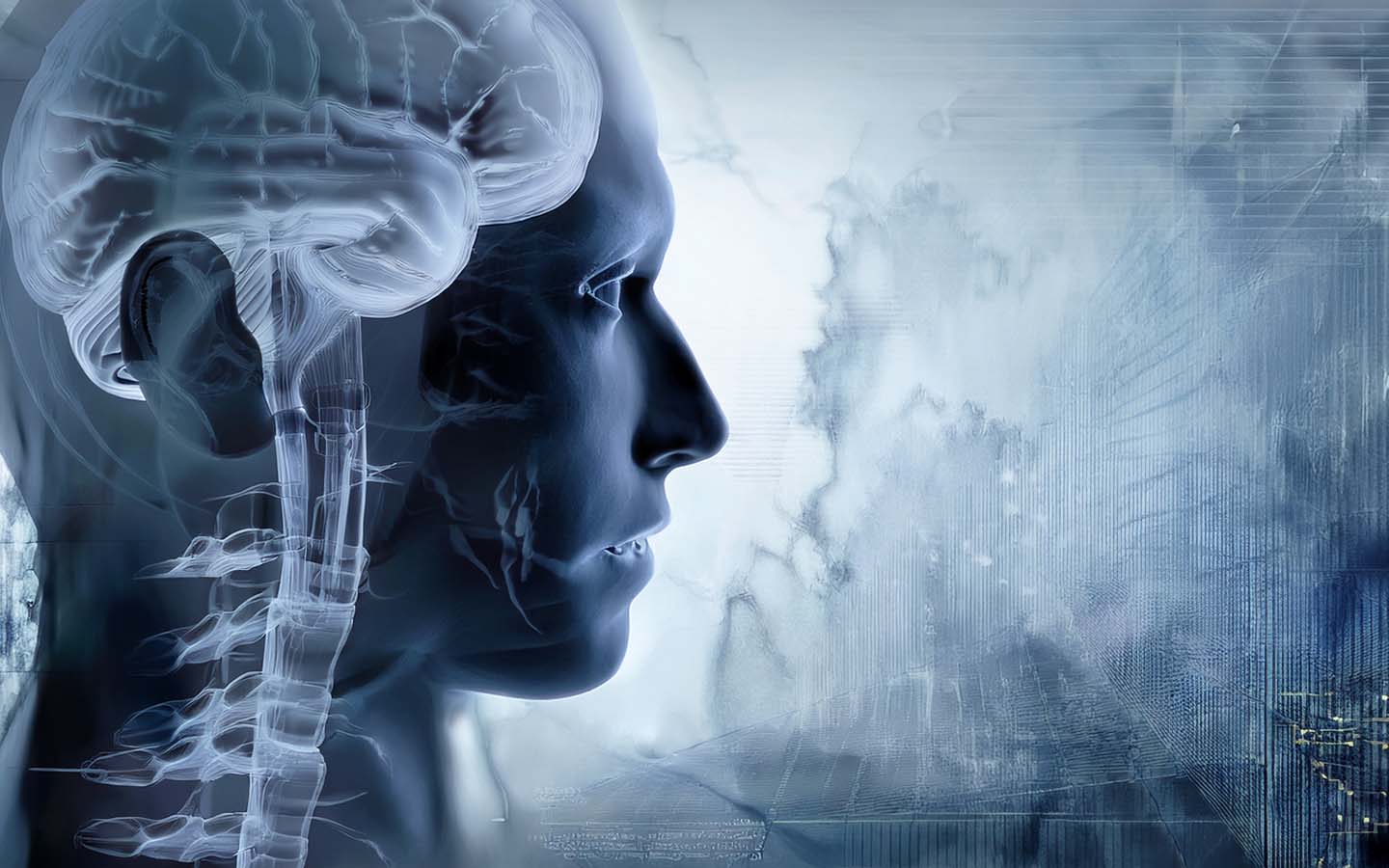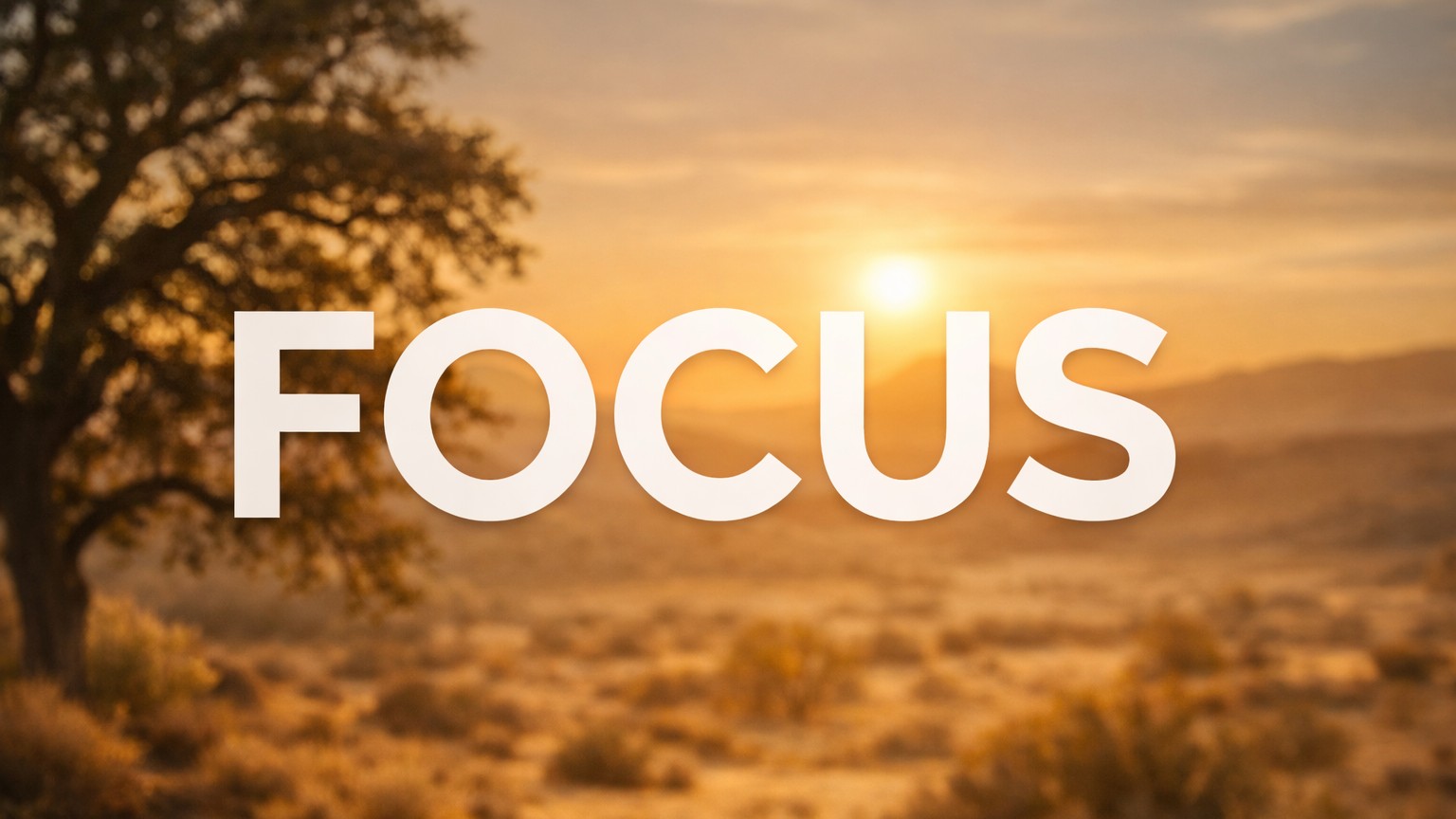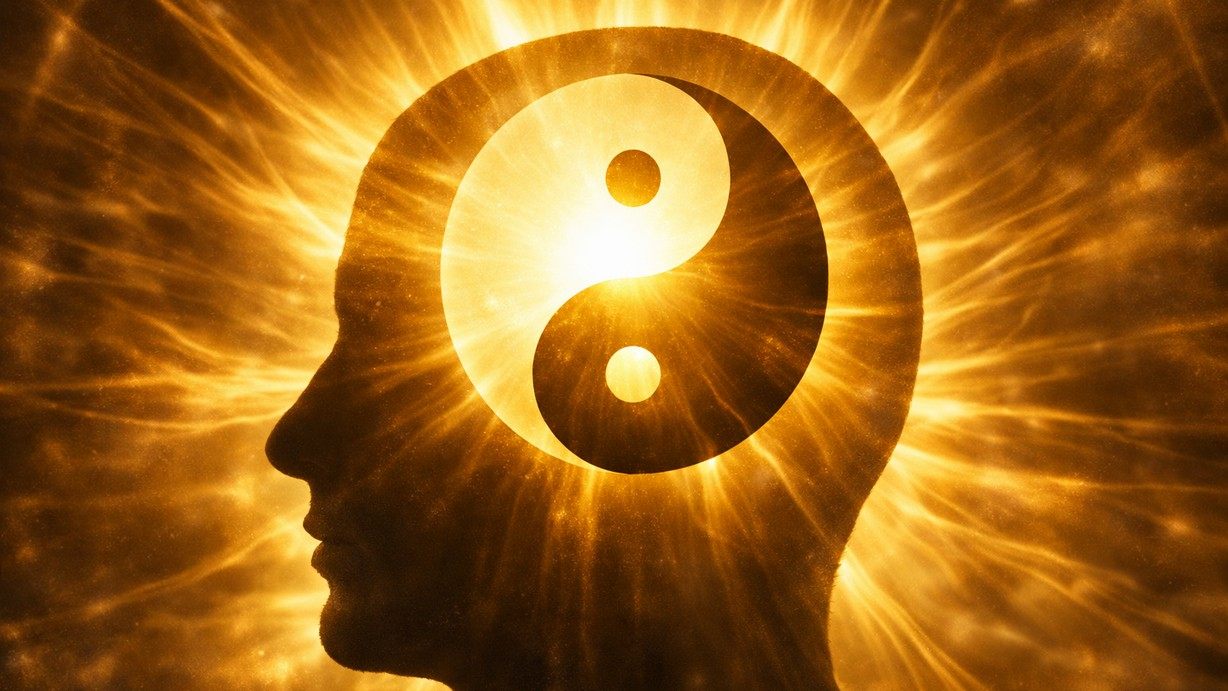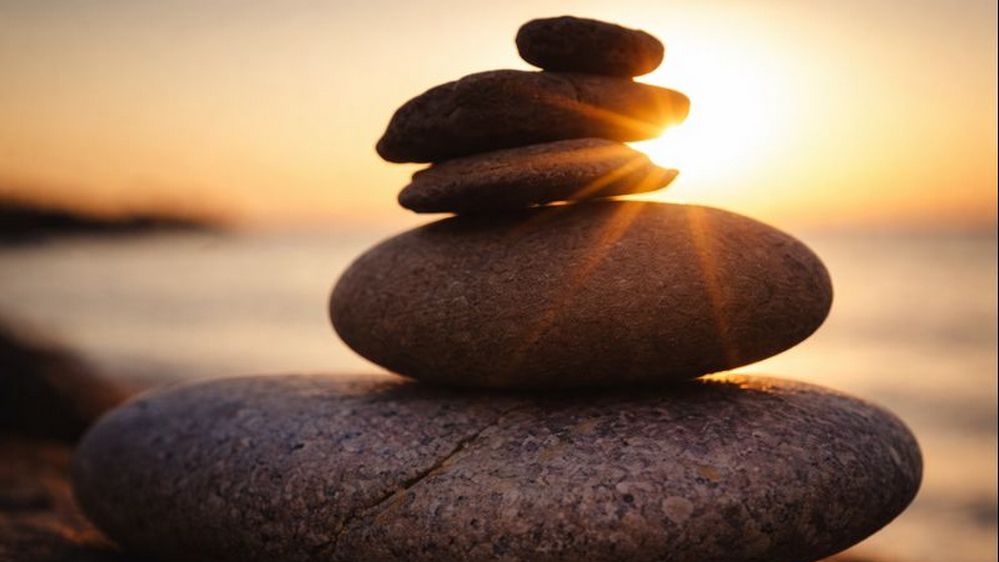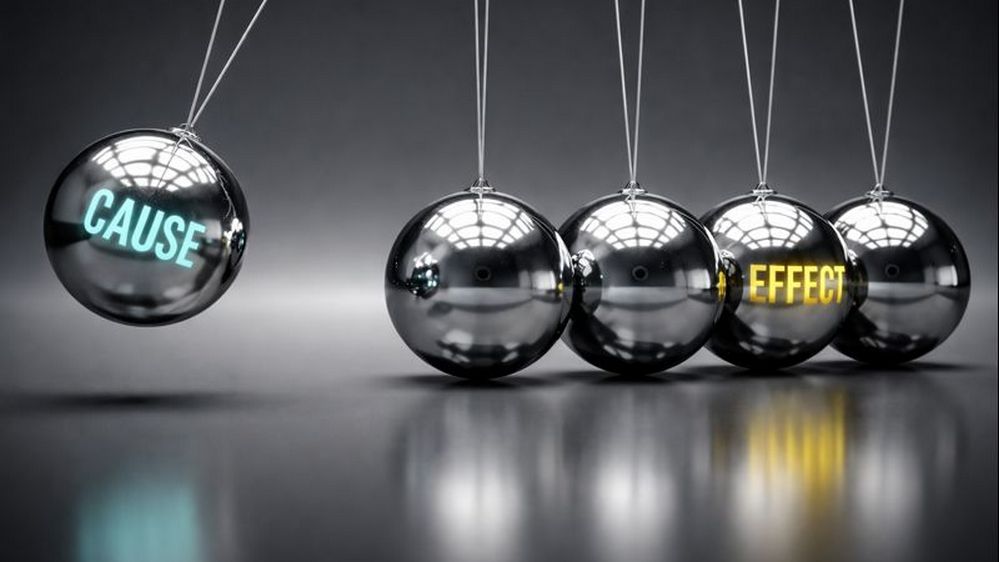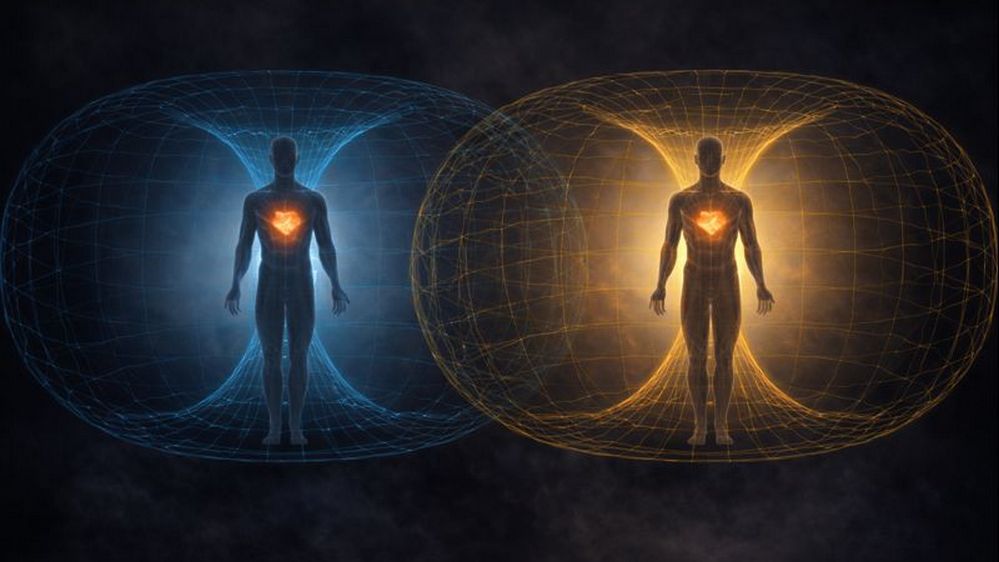By all accounts, Henry was a healthy 62-year-old man. He jogged every morning, drank green tea like it was a religion, and even owned one of those Himalayan salt lamps that supposedly purified his aura (and maybe his living room air, too).
But then came the mysterious back pain.
Doctors poked, scanned, and prodded, but found nothing. Nada. Zilch. Until one day, his wife dragged him to a woman in Santa Fe who stared into his soul, or maybe just his pancreas, and told him, “You’re storing anger in your liver.”
Sounds nuts, right?
But that woman was a medical intuitive, and it turns out Henry wasn’t the only one walking out of such sessions with answers that traditional medicine failed to deliver.
Welcome to the slightly bizarre, undeniably fascinating, and increasingly relevant world of medical intuition.
What the Heck Is a Medical Intuitive?
If you’re imagining a cross between a doctor, psychic, and Yoda, you’re not entirely wrong. Medical intuitives claim to “see” into the body without using X-rays, blood tests, or scalpels.
Instead, they use intuitive perception. This is sometimes described as clairvoyance, clairaudience, or “energetic scanning” to identify imbalances, blockages, or emotional traumas affecting physical health.
Medical intuitives don’t diagnose in the traditional sense (legally, they can’t), but many offer uncanny insights that often align with clinical findings or preempt them. Think of it as a spiritual MRI with a side of therapy.
Before You Roll Your Eyes, Hear This
Some of the earliest hospitals had priests and shamans at the bedside. Hippocrates, the so-called father of Western medicine, believed in treating both the body and spirit. And let’s not forget, that acupuncture and herbal medicine were once considered fringe before Harvard and Mayo Clinic started nodding in approval.
So while medical intuition might sound like incense-scented hokum, more patients, especially Baby Boomers and Gen Xers, are open to integrative approaches that consider the whole person: mind, body, and whatever else you think makes up your inner machinery.
And in a world where a seven-minute consult with a GP costs as much as a weekend getaway, some folks would rather have a stranger tune into their spleen than fill another prescription.
Meet the Modern Medical Intuitive
Today’s medical intuitives are less crystal-ball and more case-study. Many have backgrounds in nursing, energy medicine, or psychology.
Caroline Myss, one of the most famous voices in this field, brought the concept to the mainstream in the ’90s with her bestseller Anatomy of the Spirit. She described seeing symbolic patterns in people’s energy fields that corresponded to disease or dysfunction.
Others, like Dr. Mona Lisa Schulz who is a medical doctor and intuitive, combine brain science with energetic assessment. They often work alongside traditional physicians to fill in the diagnostic gaps.
They’re not asking you to ditch your statins and take up chanting (though they might recommend both yoga and laughter therapy).
What they’re offering is a bridge between what we feel in our bodies and what the lab results might miss.
Why It Resonates—Especially with You
If you’re a Baby Boomer or Gen Xer, you grew up with doctors in white coats and a prescription for every problem.
But now, with half a century of life experience and a few more creaky joints, you’ve likely realized health isn’t just about cholesterol numbers and bone density scans.
You’re also more aware than ever of the connection between stress and sickness, emotion and inflammation. You’ve seen friends get cancer after a stressful divorce, or arthritis flare up during grief.
So maybe, just maybe, a practitioner who listens to both your story and your energy field isn’t such a bad idea.
Also, let’s be honest: You’ve done a colonoscopy. You’ve done the keto thing. You’ve counted more pills than poker chips. S
o trying something weird and wonderful that doesn’t involve a waiting room with fluorescent lighting? Yeah, that’s sounding more appealing by the minute.
A Peek Inside a Session
So what exactly happens in a medical intuitive session?
First, you’ll be asked to sit quietly while the practitioner “tunes in.”
This might look like them closing their eyes, taking deep breaths, or scribbling notes like a psychic detective. Some report “seeing” heat or light in specific organs. Others feel pain in their own bodies where you might have issues.
You might be told your lower back pain isn’t just sciatica. It’s the weight of decades of unspoken resentment. (Cue the tears.)
Then comes the recommendation: see a GI specialist, try breathwork, cut out dairy, and forgive your ex-husband.
It’s not prescriptive, but it’s provocative. You leave with insight. Maybe even a little hope.
Skepticism Is Healthy—Blind Faith Is Not Required
Let’s not sugarcoat it: this field is full of quacks and charlatans.
Anyone can slap “medical intuitive” on a website and start guessing about your gallbladder. There’s no regulatory board, no standard certification. So, yes, buyer beware.
But the same could be said for every profession, including the one that prescribed you antibiotics for a virus.
The real test is in outcomes.
Some clients swear their intuitive told them about cancer before a scan picked it up. Others say they finally healed when someone acknowledged the emotional pain behind the physical problem.
Even mainstream hospitals like the Cleveland Clinic are exploring energy medicine, and some physicians are quietly referring patients to intuitive practitioners when traditional options fall short.
Medicine Needs More Mystics (Maybe Just a Few)
We don’t need to throw out the stethoscope.
But perhaps it’s time to broaden our view of what healing looks like. In a world dominated by data and drugs, maybe the missing piece of the puzzle is the story your body’s been trying to tell all along…and someone willing to listen in a different way.
The future of healthcare might just involve a team that includes your cardiologist, your therapist, your yoga instructor, and your intuitive.
So the next time your hip flares up, your gut feels off, or your intuition whispers, “Something’s not right,” maybe trust it. Or better yet, find someone who specializes in exactly that.
After all, if your body is your temple, wouldn’t you want all the maps to explore it?


